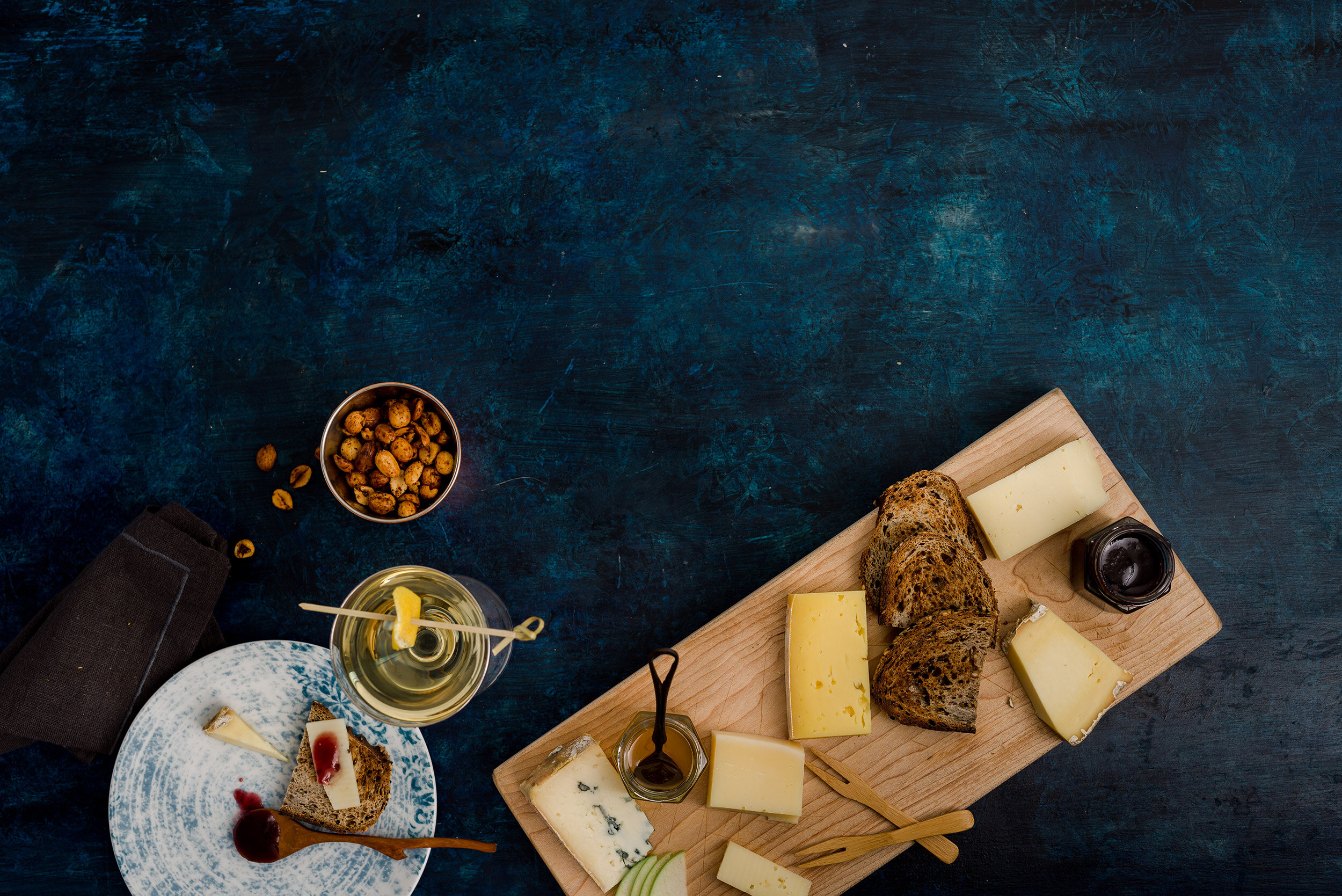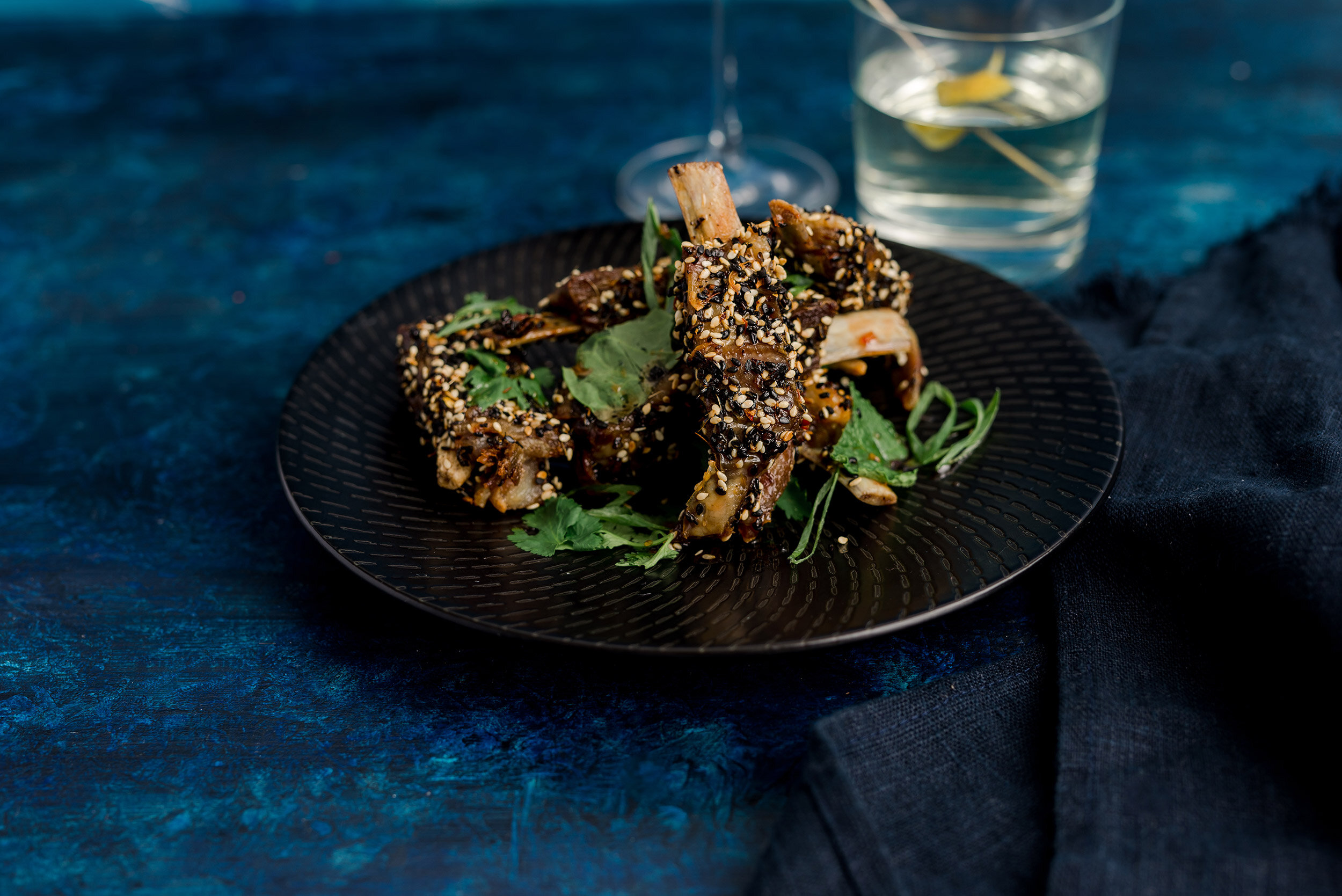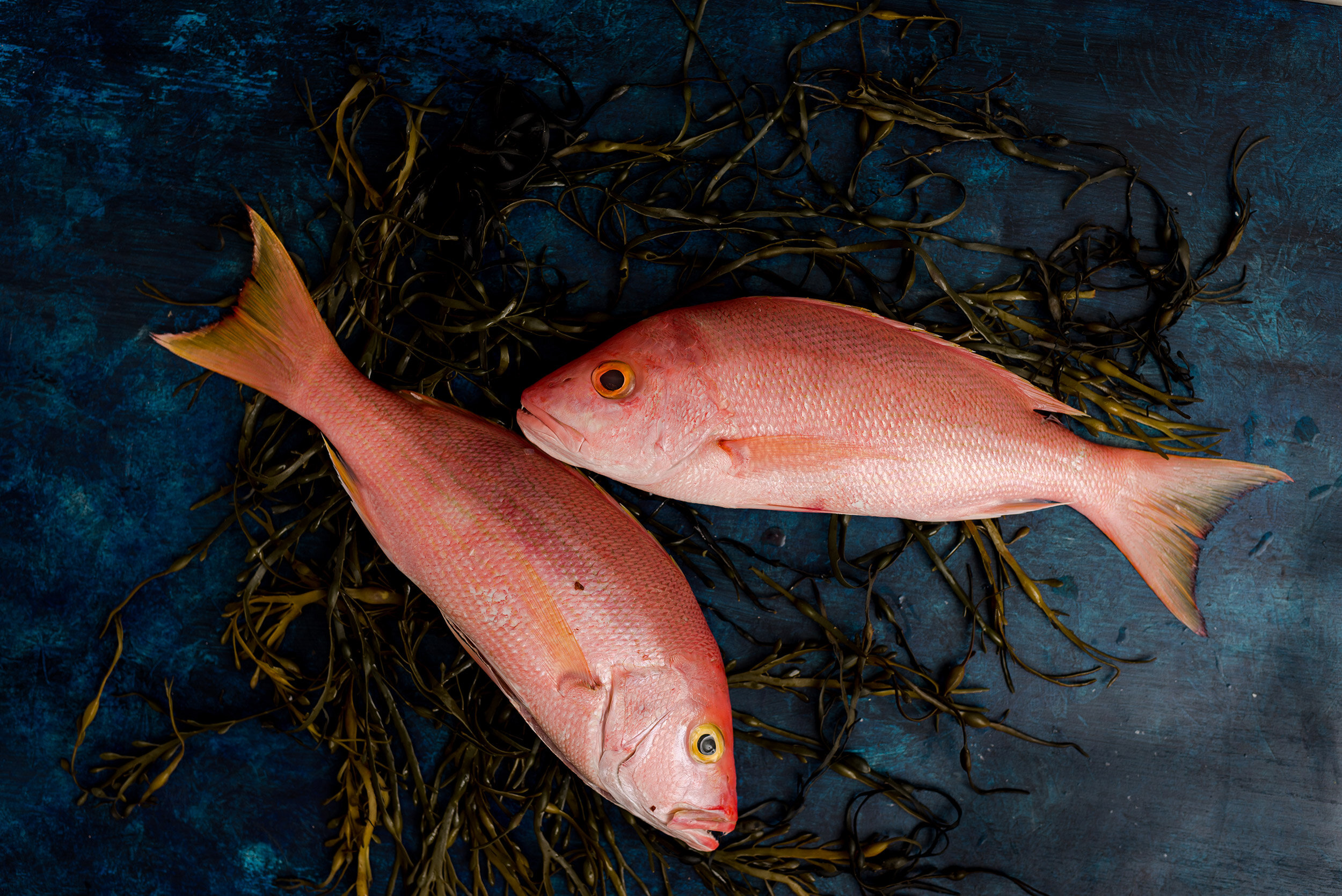Source from our own farm
We believe that in order to have the best control over quality and environmental impact, our team must understand the entire process from seed to plant and from birth to slaughter. By raising, butchering, and serving animals that have been pasture raised in such a manner that promotes both animal health and environmental health, we create a product that is healthier, cleaner, and in turn more nourishing for humans.
Healthy fats
The worst type of dietary fat is the kind known as trans fat, a byproduct of a hydrogenation that is used to turn healthy oils into solids to artificially extend their shelf-life, turning healthy vegetable oils into unhealthy saturated fats. Trans fats increase harmful LDL cholesterol in the bloodstream and reduce the amount of beneficial HDL cholesterol. Trans fats also cause inflammation that leads to heart disease, stroke, diabetes, and other chronic conditions. They contribute to insulin resistance, which increases the risk of developing type 2 diabetes. Even the smallest doses of trans fats can be detrimental to health. The Harvard Health Publishing has stated that: “2% of calories from trans-fat consumed daily, the risk of heart disease rises by 23%. Trans fats have no known health benefits and that there is no safe level of consumption.”
To counter the ubiquitous use of man-made unhealthy trans fats in the American diet, our culinary team led by Chef Charlie Foster, only utilizes natural polyunsaturated fats for all our cooking. Polyunsaturated fat is found in our organic sunflower seed oil and our California grown organic olive oil Chef Charlie uses throughout his cooking.
Let it be Local
As we own and manage our own organic farm, we also strive to work with local farmers as much as possible during the short and temperamental New England growing season. Not only does working with local farms compliment what we grow and raise on our own farm, but we strongly believe in supporting our local communities. By using as much local product as possible there is a dramatic reduction in the energy needed for transportation and periods of refrigeration. We also believe in using local and American made products throughout our restaurants including our cooking ranges, plates, glassware, and even our steak knives are made in Massachusetts with 100% recycled paper handles mixed with a non-toxic resin for durability. Below are just some of the awesome Massachusetts farms we support and trust to provide our guests with great organic produce.
Sustainable Seafood
While most seafood may be ‘legal’ to serve, most fish found on restaurant menus are near extinction or the methods for harvest have a negative environmental impact on our oceans. Woods Hill Table has, since 2015, only served species of fish that are Monterey Bay Aquarium’s Seafood Watch Program for ‘Best Choices’. Read more about the science and conservation work by the Monterey Bay Aquarium at: www.seafoodwatch.org. No Trawling, Ever: Considered to be one of the most harmful fishing techniques, bottom trawling is a common industrial method of fishing which utilizes large nets weighted with ballasts that are dragged along the seafloor. This process rakes up and crushes everything on the seabed from fish to corals. This style of fishing is indiscriminate and often species at risk of extinction are caught and discarded (often dead after the trauma of being dragged in the nets).
Marine Stewardship Council Certification
As a restaurant, we cannot be MSC certified without significant economic investment, however all salmon that Chef Charlie Foster originates from the Marine Stewardship Council Certified Saithe Fishery in Iceland. Please read more about the conservation work and science behind the MSC certification at: https://www.msc.org/
Fair Trade and Organic Coffee and Tea
All of our Coffee and Tea are purchased from roasters who are only work with 100% certified organic coffee from FLO registered Cooperatives that purchase directly from the coops, not through middlemen. We require that all of our roasters purchase their raw coffee beans at or above the international fair trade price and that they use a portion of their proceeds to fund projects with their coffee cooperative partners. All of our roasters must commit to an independent, 3rd party, public audit of fair trade practices.
Organic Food
Everything from the oil used to cook our French fries to the semolina in our handmade pasta is certified organic. Kristin Canty and Chef Charlie Foster choose to use organic not because there was demand from our guests, instead they choose to go organic because they believe deeply in the quality of organic produce and the positive effect it has on the planet and local community. Though some products remain difficult to source organically and some small local farmers may ‘organically manage’ their farms but are unable to afford the certification, we are proud to say that over 75 percent of all the ingredients we source come from organic farms with the goal of 80 percent of all ingredients to be organic certified. For us organic isn’t a marketing tool, it is a deeply held belief by the entire team.
Organic farms and processors:
- Preserve natural resources and biodiversity
- Support animal health and welfare
- Provide access to the outdoors so that animals can exercise their natural behaviors
- Only use approved materials
- Do not use genetically modified ingredients
- Receive annual onsite inspections
- Separate organic food from non-organic food
GMO Free certified ingredients
GMO stands for genetically modified organism. This term broadly refers to any product which has been genetically engineered to provide a trait that normally would not occur in nature. This can include a resistance to an invasive pest or a resistance to a pesticide. We acknowledge that most foods we consume have been altered for the better (whether through selective breeding or in a laboratory). However, we recognize the controversies and the potential health risks, including: allergies, antibiotic resistance, and unknown effects. So, while the benefits of GMOs to agricultural output are unquestioned, the long-term impact of genetically modified organisms on the environment and our bodies has not been adequately studied according to The Office of Science at the U.S. Department of Energy. As a result, we have decided to only use non-GMO ingredients certified by the Non-GMO Free Project, if you would like to learn more about the non-GMO certification process please visit: https://www.nongmoproject.org.
Raw Milk Cheese
For all our cheese platters we serve only raw milk cheese. Raw milk means that the milk has not been treated with heat in the form of pasteurization. The process of heating the milk is to destroy microorganisms and was developed by Louis Pasteur in 1864. Pasteur worked primarily with fermentation and the spoilage of wine, while it was the German chemist Franz von Soxhlet who applied the concept of heat treatment to milk in order to destroy bacteria. The FDA defines pasteurization of milk at 145 F for 30 minutes or 161 F for 15 minutes. Either method is sufficient to kill the common pathogens that can cause illness. There are many instances of both raw and pasteurized milk cheese causing illness due to improper sanitation, production, storage, or handling. However, if the producer takes care of a healthy herd, creates a clean and sterile milk collection, storage, handling, and production environment we find that raw milk makes for a complex product that may be more easily digested, and may reduce a person's risk of developing lactose intolerance. Raw milk products still contain their enzymes that naturally help to break down the fats, sugars and minerals in milk for easier digestion that would have otherwise been removed in the pasteurization process. However, we suggest that young children, expecting mothers, and those with weakened immune systems do not consume raw milk products as the benefits may not justify the potential risk of illness. We suggest that guests consult their doctor for advice on this matter. Below are just a few of the awesome New England dairy farms we have the pleasure of working with:
- Shelburne Farms
- Thistle Hill Farm
- Brookford Farm
- Jasper Hill Farm
- Spring Brook Farm
- Von Trapp Farmstead
- Hawthorne Valley Farm & Creamery
- Cricket Cream Farm
Pasture Raised really means pasture raised
All of our animals don’t just have ‘access’ to pasture, but they are truly pasture raised on 360 acres of farmland at the Farm at Woods Hill. Our farm team led by Amber Reed rotates our mobile chicken coops every day (to prevent the build-up of nitrogen in the soil), our heritage Tamworth, Berkshire Black, and Red Wattle pigs roam the local woods foraging, our sheep freely roam the local pastures and woods protected by our prized Llama, and our Angus cattle feed freely among a old Christmas tree farm. All of our animals freely graze and do not see the inside of a barn except in winter where we provide shelter cushioned with organic and un-sprayed hay.
Composting and Recycling
All of the waste from Woods Hill Table is either composted or recycled. We have worked diligently with our purveyors and partners to ensure that no non-recyclable products are brought into the restaurant(s) or farm facilities. When possible the restaurant and farm provides reusable packaging for purveyor deliveries to further remove waste. Pulpers: We utilize waste pulpers which grind up food scraps with water, then extract most of the liquid to produce a semi-dry, solid mass, reducing the volume 8 to 1. The material then gets transported to a compost facility which, as a result, minimizes the amount of waste that gets sent to the landfills, and also cuts down on transportation and disposal costs.
Composting Disposables
Woods Hill Table only offers environmentally sustainable and compost alternatives, such as containers made entirely from potato starch or sugar cane that are 100% compost friendly. We are also committed to not use single use plastic products such as straws and since opening have only used metal and sugar cane derivative straws.
Supplier Code of Conduct
Kristin Canty and Chef Charlie Foster understand the importance of transparency to our guests, especially regarding the food they are consuming. So below you will find a PDF copy of our Supplier Code of Conduct that each of our suppliers sign when becoming a purveyor for Woods Hill its subsidiaries and partners.
Download Supplier Code of Conduct




